Optimal Timing for Foundation Repairs
Foundation repairs are most effective when performed under optimal weather conditions. Timing can influence the durability and success of the repair process, making it essential to choose the right season for intervention.
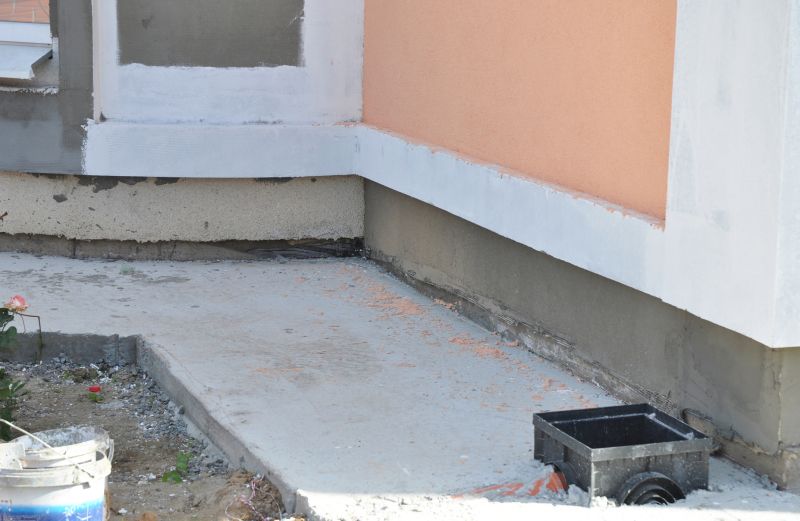
Spring offers moderate temperatures and stable ground conditions, ideal for foundation work.
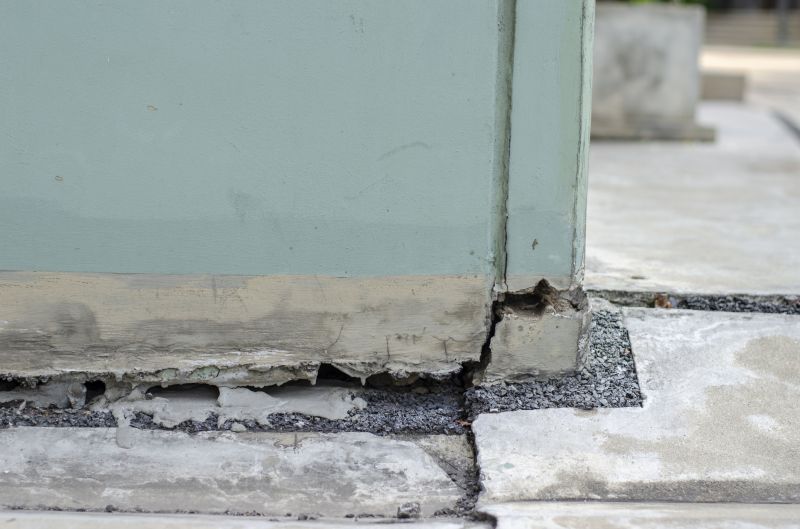
Summer provides longer daylight hours, but high temperatures and moisture fluctuations can pose challenges.
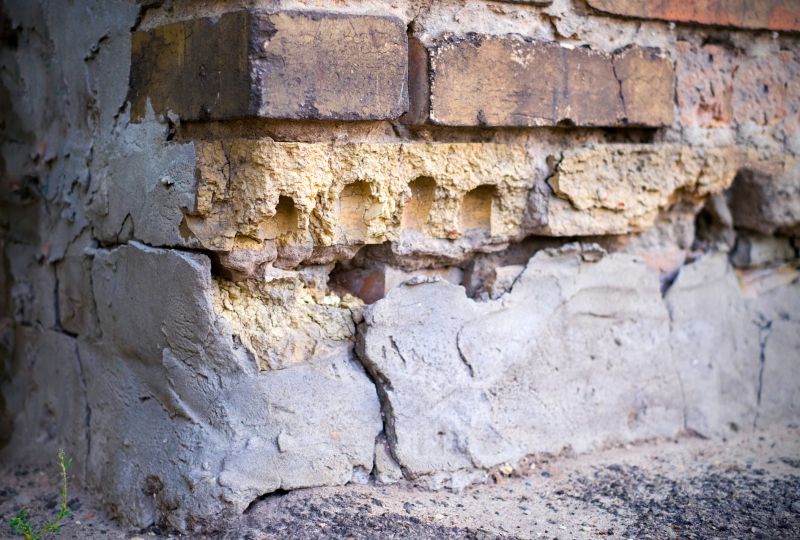
Fall's cooler weather and reduced precipitation make it suitable for foundation repairs before winter.
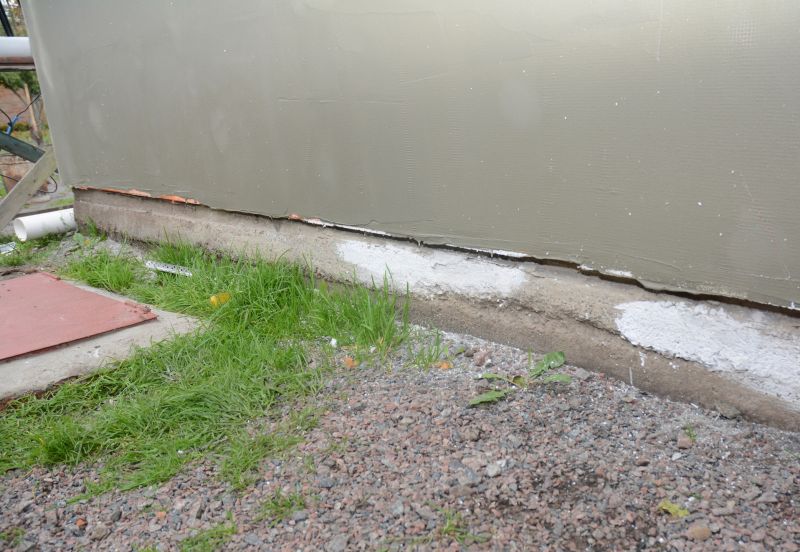
Ways to make Foundation Repairs work in tight or awkward layouts.
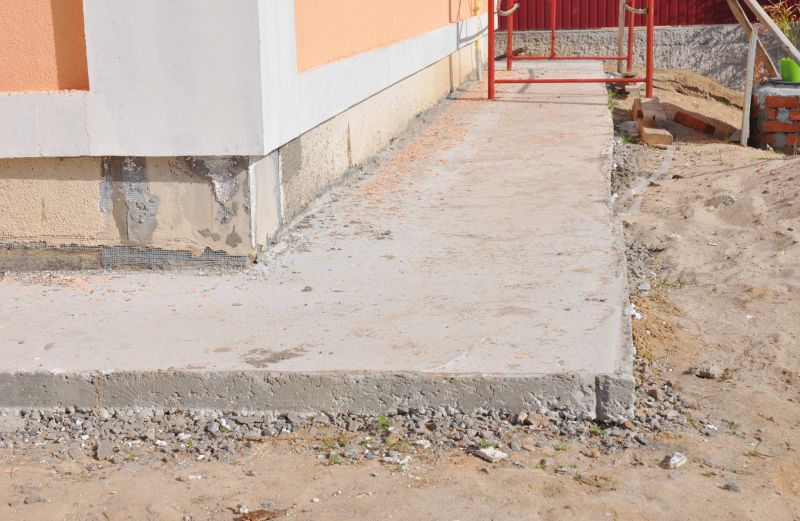
Popular materials for Foundation Repairs and why they hold up over time.
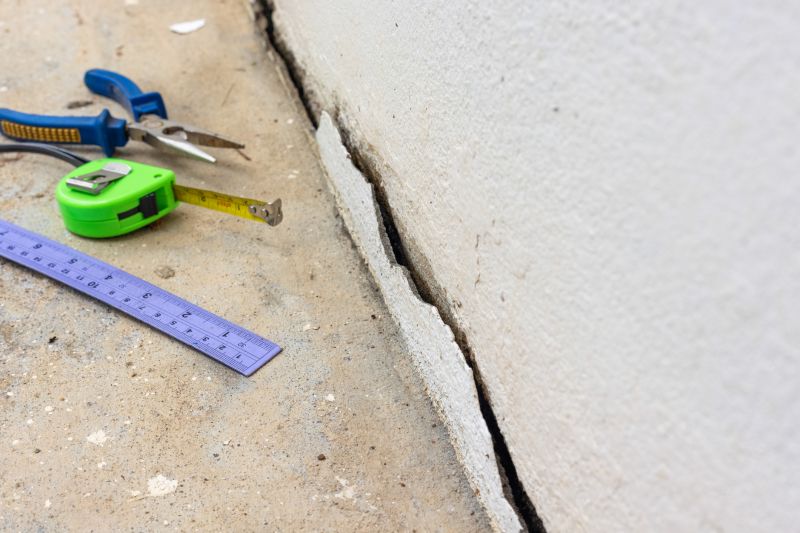
Simple add-ons that improve Foundation Repairs without blowing the budget.
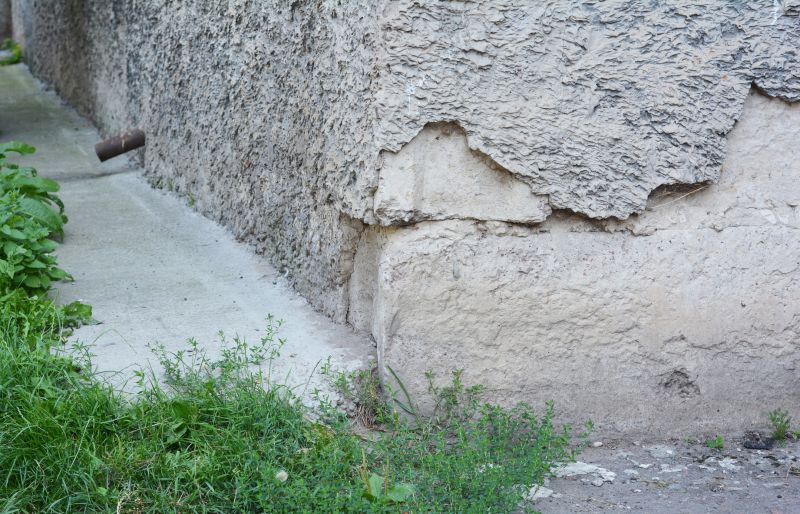
High-end options that actually feel worth it for Foundation Repairs.
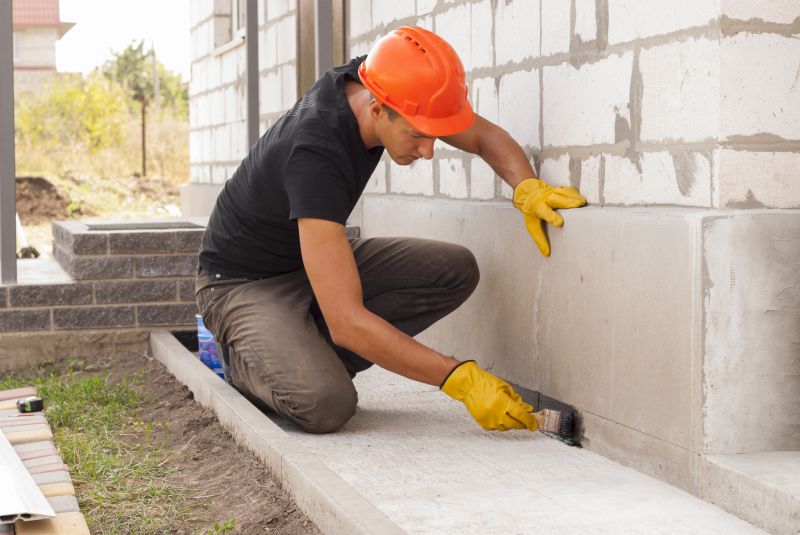
Finishes and colors that play nicely with Foundation Repairs.
Timing foundation repairs appropriately can prevent further structural damage and reduce repair costs. Seasonal variations impact soil conditions, moisture levels, and temperature, all of which influence repair effectiveness.
Weather conditions such as heavy rain or extreme heat can delay repairs or affect their stability.
Soil expands and contracts with moisture levels, making dry or stable soil preferable for repairs.
Early spring and late fall are generally considered the best times for foundation repairs.
Cracks, uneven floors, and sticking doors may require immediate repairs regardless of season.
Foundation repairs involve stabilizing and restoring the structural integrity of a building's foundation. This process includes methods such as underpinning, piering, and mudjacking. Proper timing ensures these techniques are most effective, minimizing future issues and costs.
| Season | Ideal Conditions |
|---|---|
| Spring | Moderate temperatures, stable ground, and manageable moisture levels. |
| Summer | Longer days but potential heat and drought challenges. |
| Fall | Cooler weather, less precipitation, ideal for pre-winter repairs. |
| Winter | Generally not recommended due to freezing temperatures and frozen ground. |
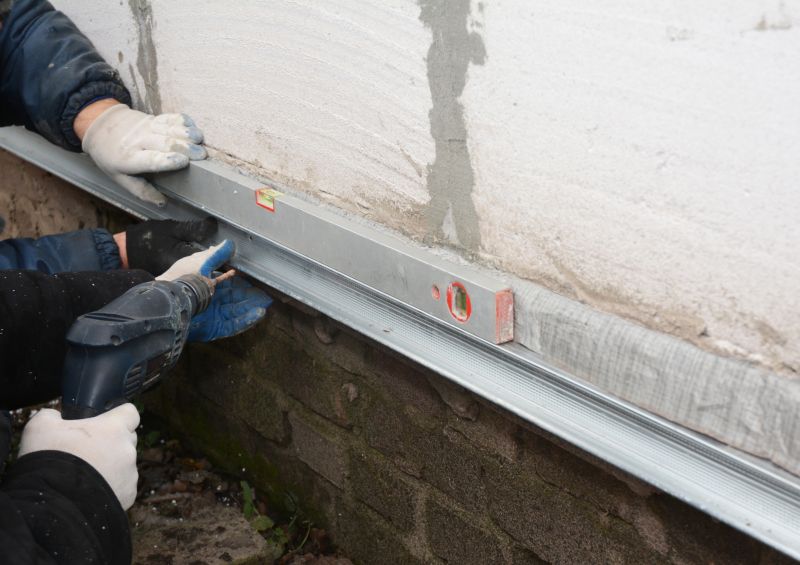
Tools and machinery used for underpinning and stabilization.
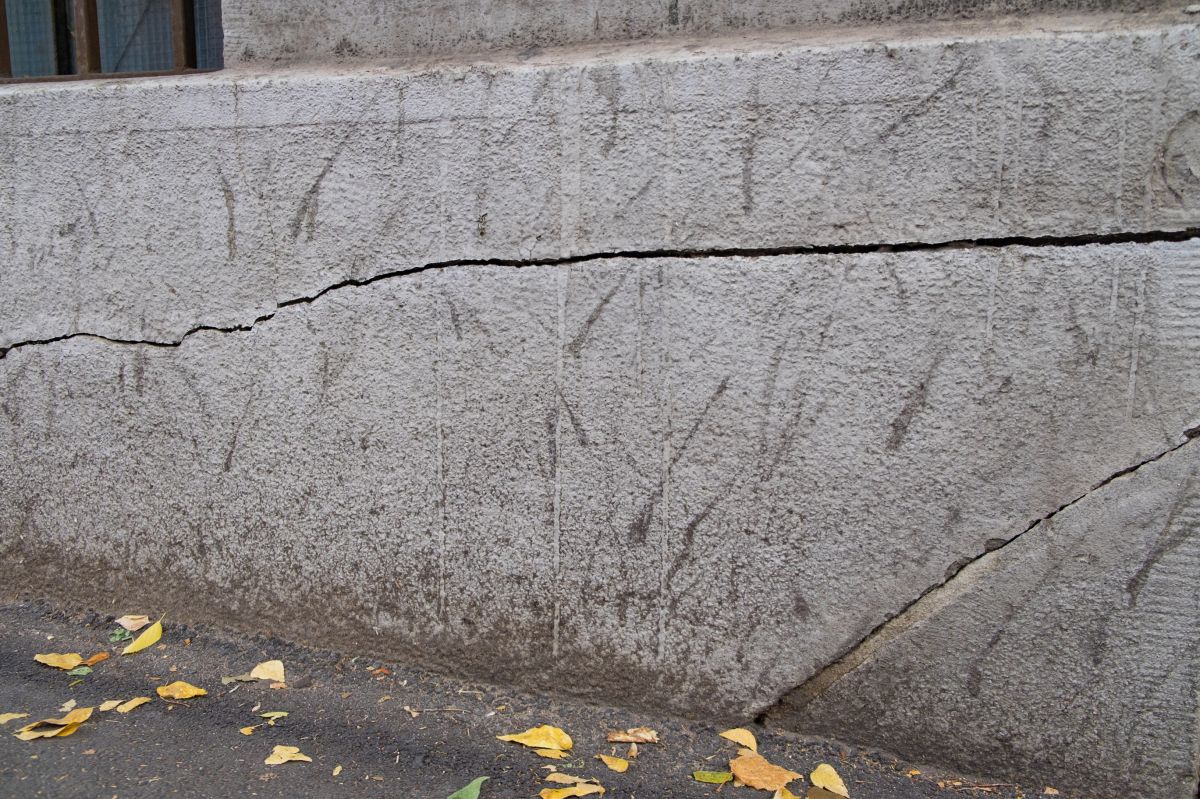
Common signs indicating the need for repairs.
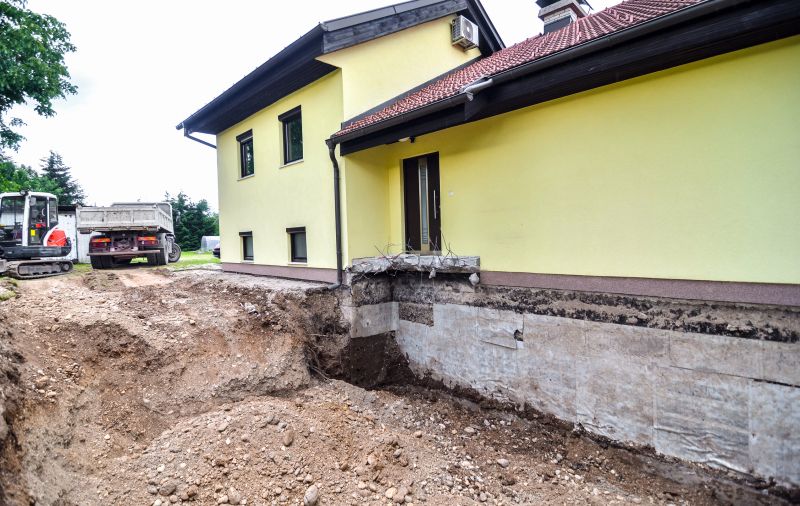
Methods to improve soil conditions before repairs.
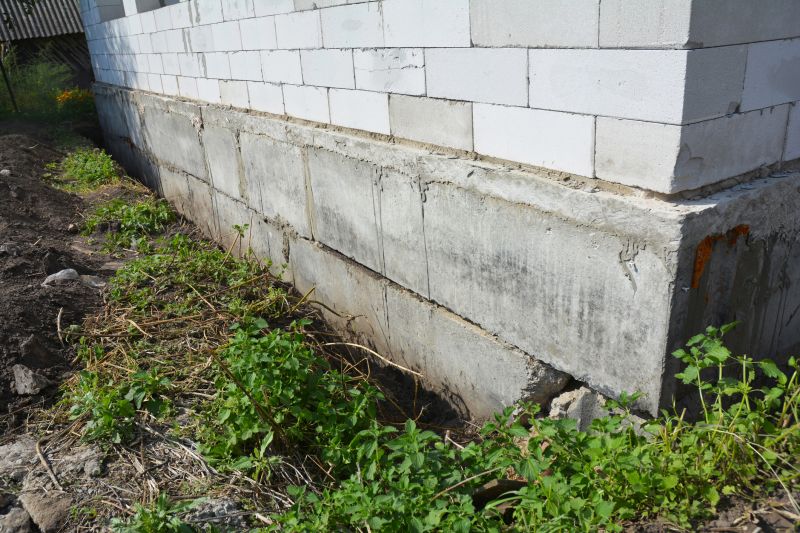
Visual evidence of successful foundation repairs.
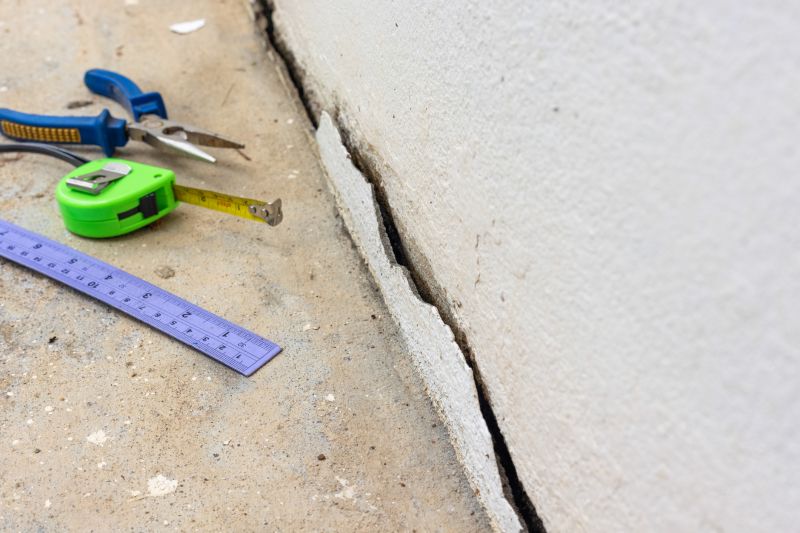
Little measurements that prevent headaches on Foundation Repairs day.
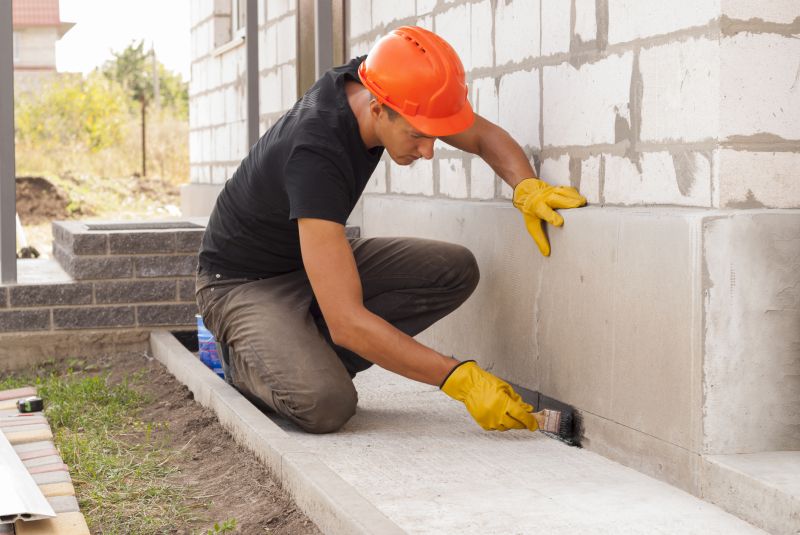
A 60-second routine that keeps Foundation Repairs looking new.
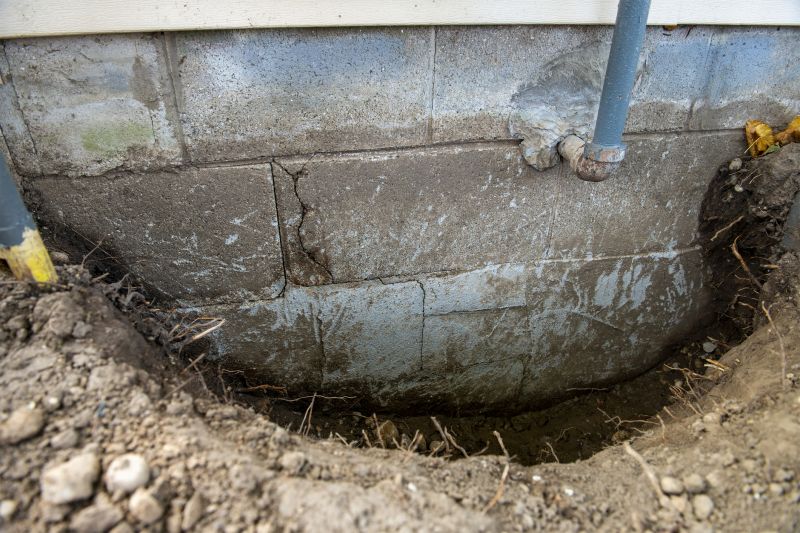
A frequent mistake in Foundation Repairs and how to dodge it.
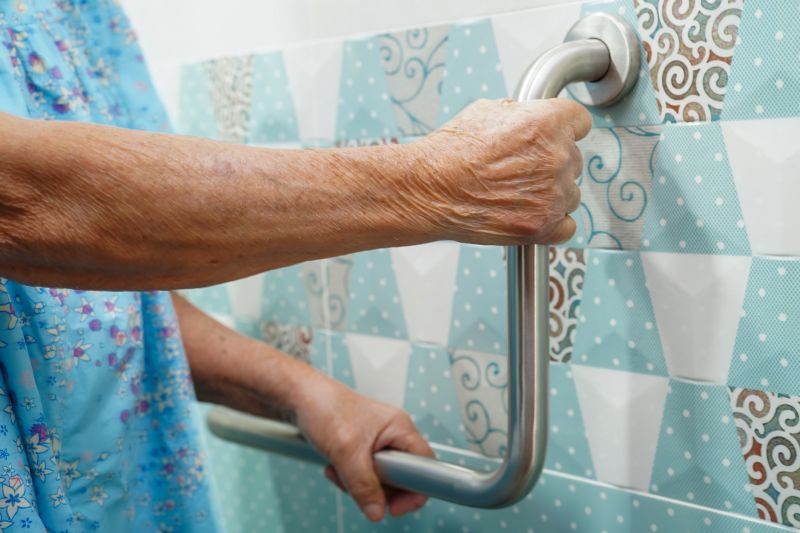
Small tweaks to make Foundation Repairs safer and easier to use.
Timely foundation repairs are crucial to maintaining the safety and value of a property. Understanding seasonal influences helps in planning repairs that are both cost-effective and long-lasting. Regular inspections can identify early signs of foundation issues, enabling prompt action.
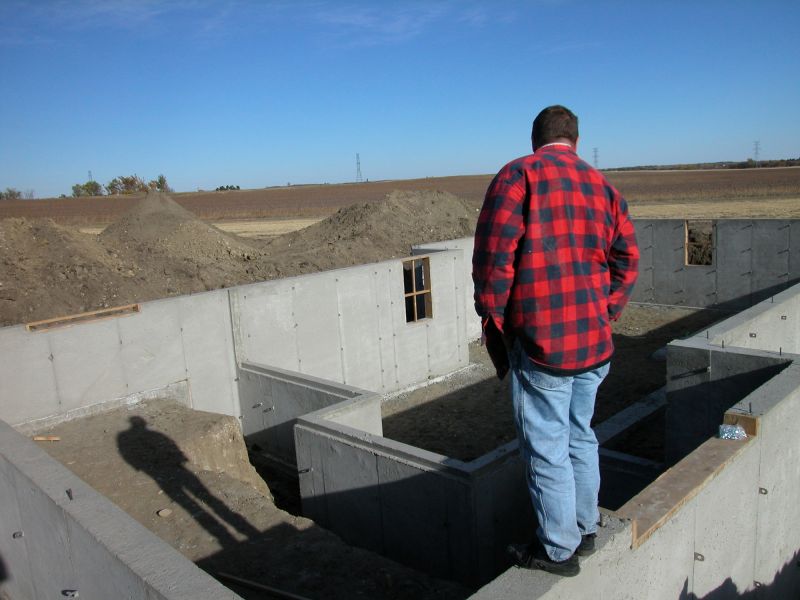
Conducted to assess the severity of issues and plan repairs.
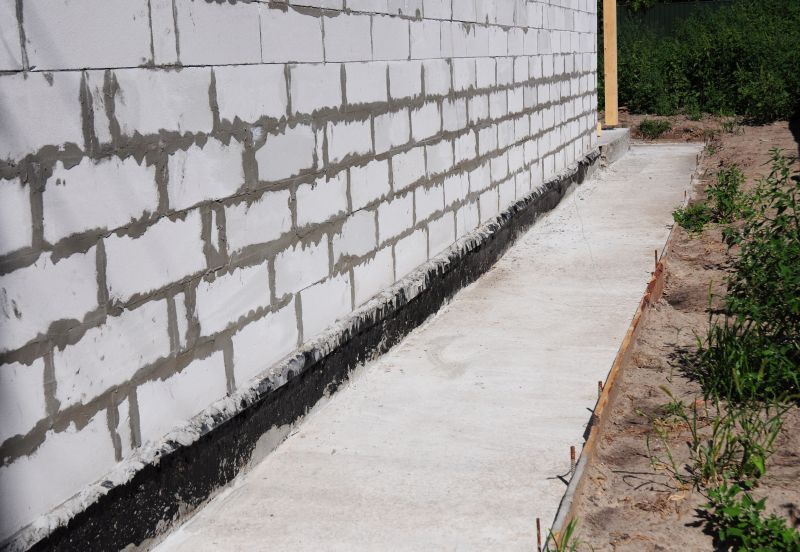
Step-by-step procedures for stabilization and repair.
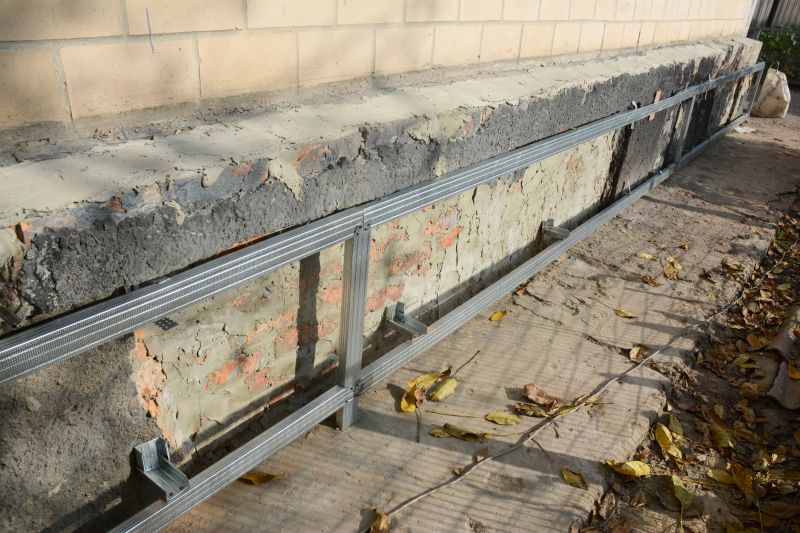
Showcasing successful repair projects.
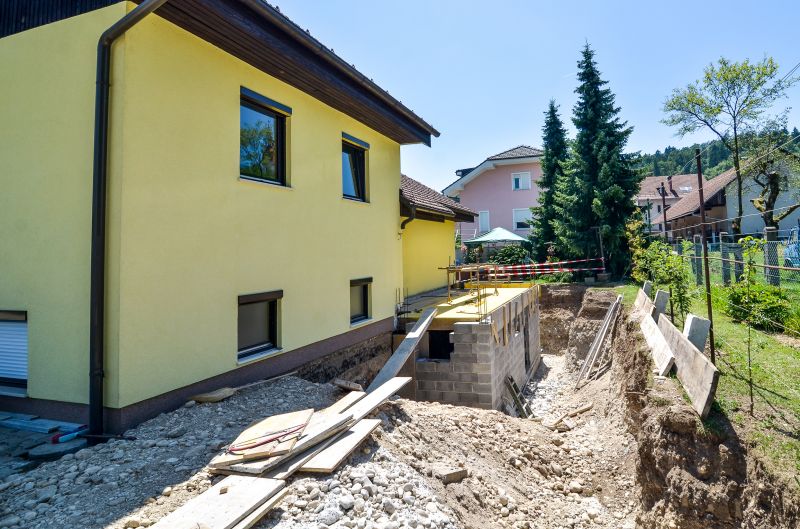
Lower-waste or water-saving choices for Foundation Repairs.
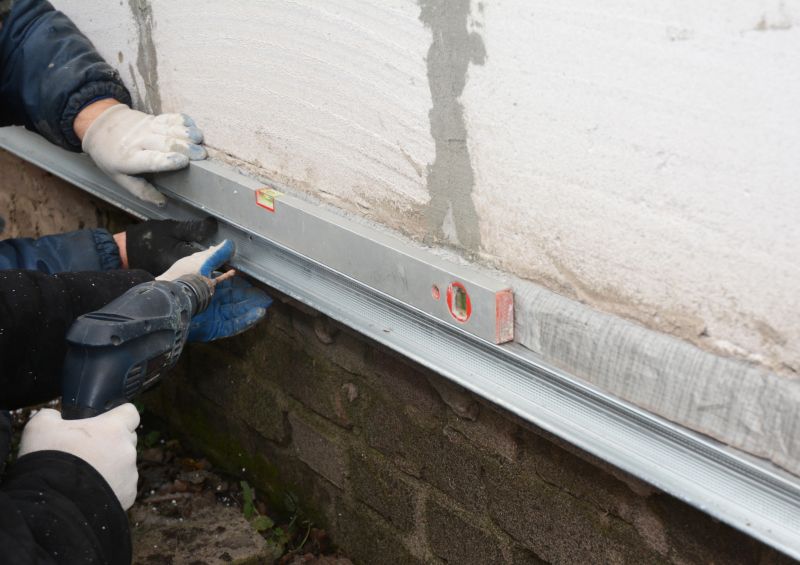
The short, realistic tool list for quality Foundation Repairs.
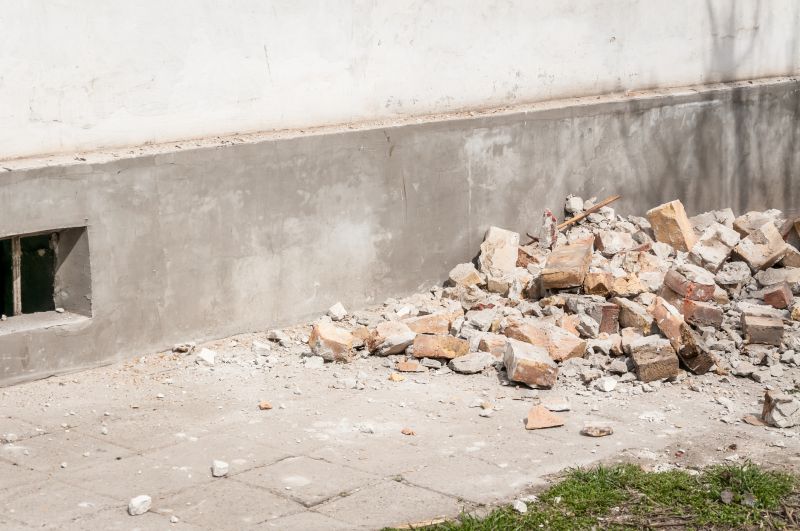
Rough timing from prep to clean-up for Foundation Repairs.
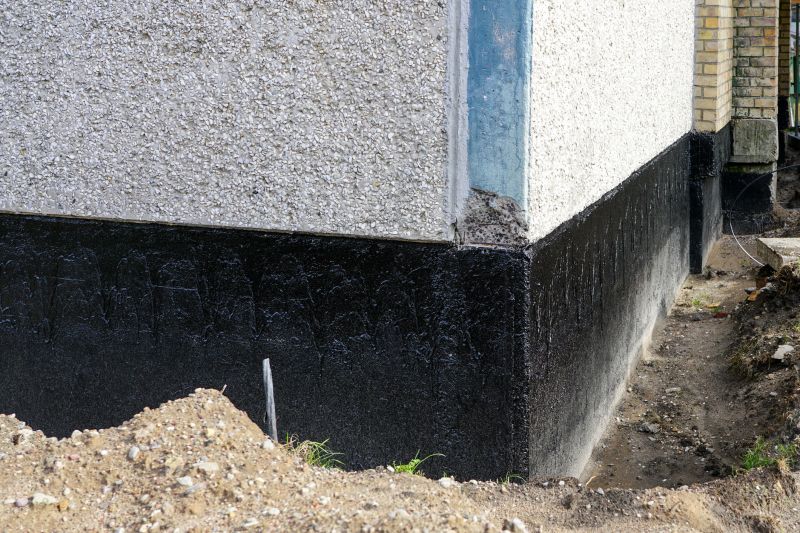
Quick checks and paperwork to keep after Foundation Repairs.
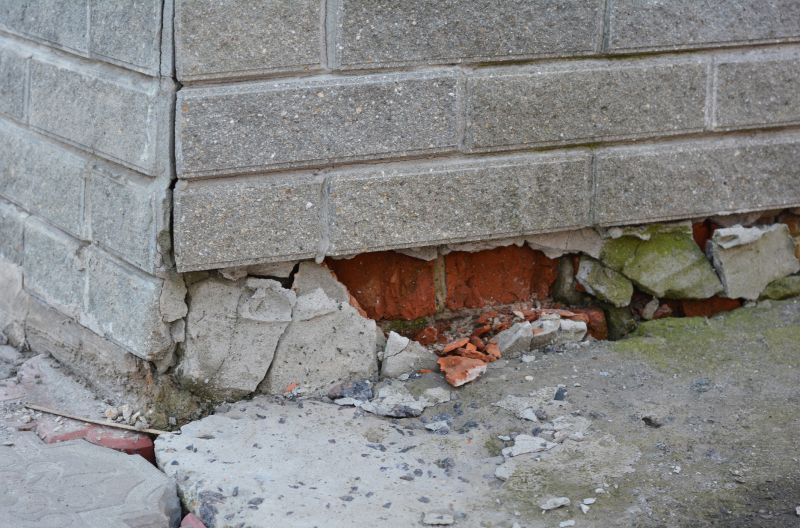
Examples that show the impact a good Foundation Repairs can make.
Interested property owners are encouraged to contact for further information on foundation repair timing and options. Proper planning and timely action can prevent significant structural problems and preserve property value.


